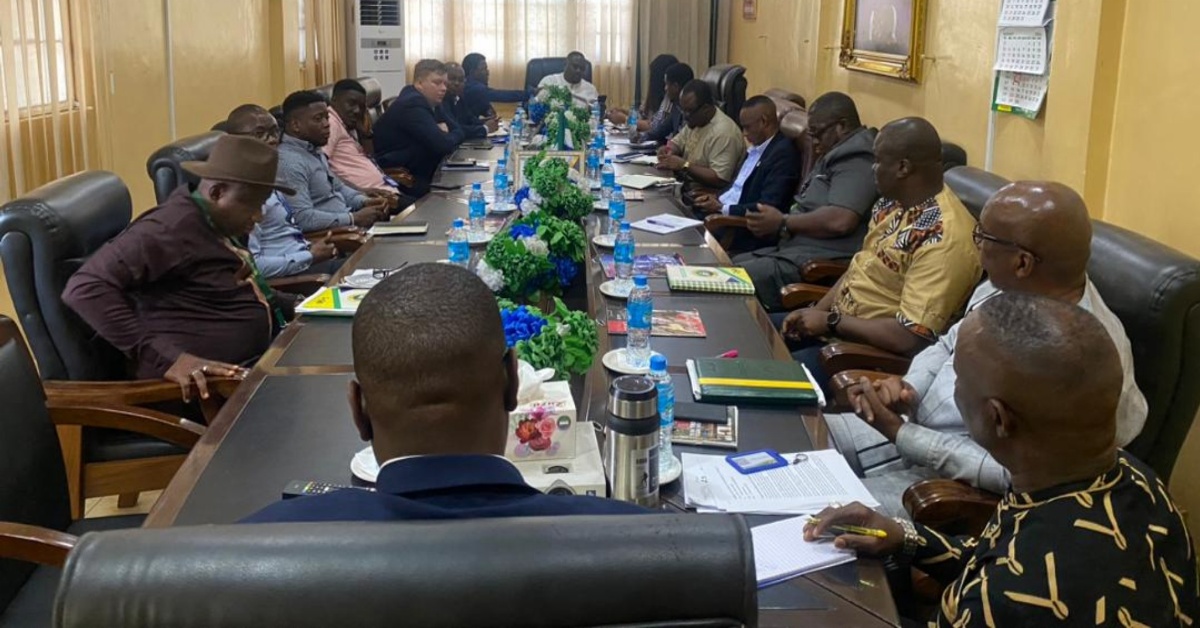The Sierra Leone Ports and Harbours Authority (SLPHA) has taken a significant step towards improving port operations by engaging directly with major shipping lines to tackle key challenges impacting efficiency and costs.
Chaired by SLPHA Director General Mr. Yankuba Askia Bio, the recent dialogue with shipping line representatives focused on several pressing issues.
Among the primary concerns addressed were high delivery order costs, ISPS tracking fees, and Verified Gross Mass (VGM) requirements for import containers.
A notable outcome of the discussions was the agreement to reduce the commission on VGM fees from $5 to $2 per Twenty-Foot Equivalent Unit (TEU), or alternatively, allowing the implementing agency to manage these fees directly.
This change is expected to ease financial pressures on shipping lines and importers alike.
Another key resolution involved the removal of container tracking fees from the Freetown Terminal’s tariff, shifting the responsibility of tracking to the shipping lines. This move aims to lower costs for importers and streamline operations.
Additionally, a new committee will be established to harmonize local tariffs, ensuring fairness and transparency across the board. Refunds for returned containers will now be processed within three working days, enhancing cash flow and reducing delays.
Shipping lines were also encouraged to address their complaints through the SLPHA rather than directly approaching senior government officials. This new process is designed to improve communication and expedite the resolution of issues.
The expiration period for delivery orders has been standardized to 14 days, including weekends, to provide a more predictable and consistent timeline for operations.
These collaborative efforts mark a significant advancement in addressing the operational challenges faced by the shipping industry in Sierra Leone. By fostering open communication and cooperation, the SLPHA and shipping lines are working together to enhance the efficiency and effectiveness of port operations, ultimately benefiting the broader trade and logistics community.












[…] has taken a significant step towards improving port operations by engaging directly with major shipping lines to tackle key challenges impacting efficiency and […]